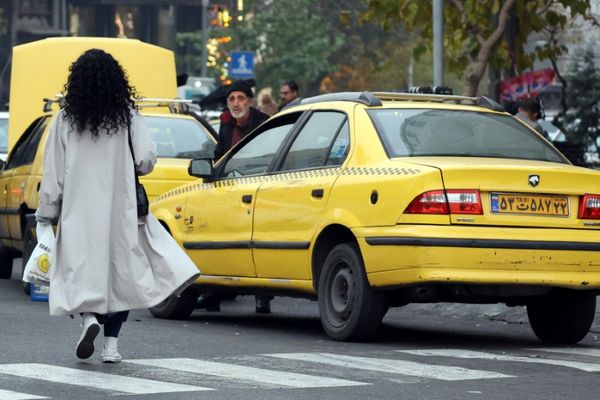Nottinghamshire Police investigated almost 200 accusations of exploitation last year - as more potential victims of modern slavery were referred to the Home Office than ever before. In 2021, the force investigated 173 potential cases of modern slavery, which was a 16% rise on the 149 cases investigated the previous year.
Last year’s figure includes 88 children, many of whom were likely exploited by criminal gangs. These people were channelled through the National Referral Mechanism (NRM), the UK’s identification and support system for possible victims of human trafficking, slavery, servitude or forced labour.
Home Office figures show 12,727 potential victims of modern slavery were referred across the UK in 2021 - a 20% increase on the previous year (10,601), and the highest number since the NRM first began in 2009. Around four in 10 (43%) of these potential victims were children - 5,468 potential child victims of modern slavery.
Professor Alex Balch, director of research at the Modern Slavery and Human Rights Policy and Evidence Centre, said: “Nearly 13,000 people referred as potential victims of modern slavery represent the urgency of the challenge we have at hand to address this issue in the UK. The increase follows a long-term trend of year-on-year increases since 2009 when the system was founded, apart from last year when referrals were flat due to pandemic-related disruptions.
“The nearly 50% increase in adults referred under the Duty to Notify process is very worrying. It means that over 3,000 people chose not to enter the NRM for Government support when they were identified as potential victims by authorities. We urgently need to know more about what deters people from entering the NRM and how we can improve the identification of victims. We need to make sure that people are not left without relevant support, especially considering the risk of further exploitation. We are about to fund research in this area.”
Last year, more than three-quarters of potential victims were male (77%) and 23% female. The most common nationality of potential victims was British, with 3,952 of them UK nationals (31%). Three-quarters of these potential British victims were children (2,981). The next most common nationality of potential victims was Albanian (20%), followed by Vietnamese (8%).
Among adult victims, the most common form of exploitation was forced labour, with a third falling victim to this type of coercion. Children were most commonly subjected to criminal exploitation, such as “county lines” - where gangs use vulnerable youngsters to transport drugs out of big cities and into smaller towns. Around half of potential child victims were criminally exploited (49% or 2,689 children) and most of those youngsters (2,053) were exploited by county lines gangs - a 23% increase from 2020.
A spokesperson for the Home Office said: “The UK has led the world in protecting victims of modern slavery and we will continue to identify and support those who have suffered intolerable abuse at the hands of criminals and traffickers. The support offered through the NRM is helping victims rebuild their lives. At the same time, the ground-breaking Modern Slavery Act has given law enforcement agencies the tools to target the perpetrators of this horrific crime.”
To read all the biggest and best stories first sign up to read our newsletters here.







